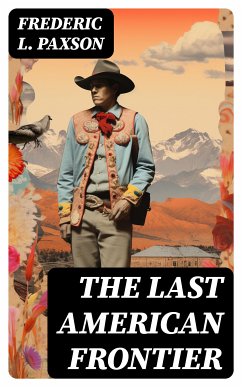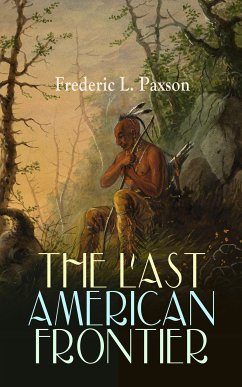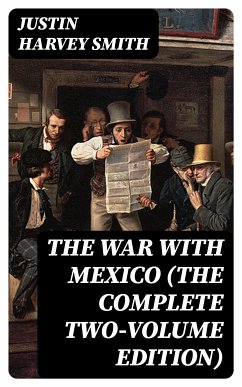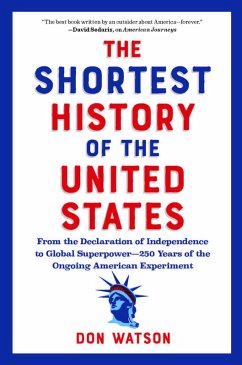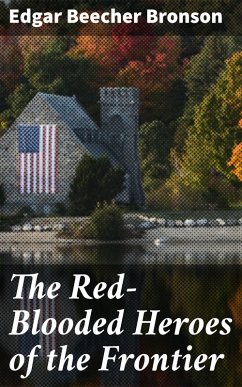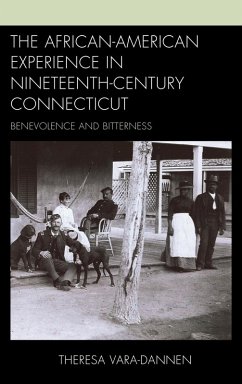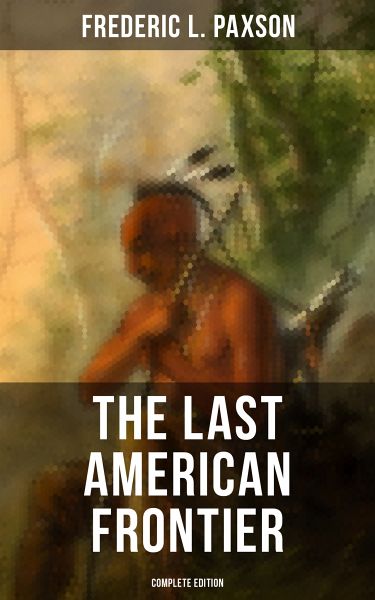
The Last American Frontier (Complete Edition) (eBook, ePUB)
The History of the 'Far West', Trials of the Trailblazers and the Battles with Native Americans
Versandkostenfrei!
Sofort per Download lieferbar
1,99 €
inkl. MwSt.
Weitere Ausgaben:

PAYBACK Punkte
0 °P sammeln!
Frederic L. Paxson's 'The Last American Frontier' is a comprehensive exploration of the closing of the American frontier and its impact on the evolution of the nation. Written in a scholarly and engaging style, the book delves into the social, economic, and political factors that shaped the frontier experience, revealing the complexities of a transformative era in American history. Paxson's detailed analysis provides a nuanced understanding of the challenges and opportunities that characterized America's westward expansion, shedding light on the diverse communities and individuals who particip...
Frederic L. Paxson's 'The Last American Frontier' is a comprehensive exploration of the closing of the American frontier and its impact on the evolution of the nation. Written in a scholarly and engaging style, the book delves into the social, economic, and political factors that shaped the frontier experience, revealing the complexities of a transformative era in American history. Paxson's detailed analysis provides a nuanced understanding of the challenges and opportunities that characterized America's westward expansion, shedding light on the diverse communities and individuals who participated in shaping the frontier landscape. This definitive edition includes updated research and additional insights into the lasting legacy of the frontier on American society. Frederic L. Paxson, a renowned historian and expert on American frontier history, brings a wealth of knowledge and expertise to his study of the last frontier. His deep understanding of the subject matter is evident throughout the book, making it an essential read for scholars, students, and anyone interested in uncovering the complexities of America's frontier experience.
Dieser Download kann aus rechtlichen Gründen nur mit Rechnungsadresse in A, B, BG, CY, CZ, D, DK, EW, E, FIN, F, GR, H, IRL, I, LT, L, LR, M, NL, PL, P, R, S, SLO, SK ausgeliefert werden.




